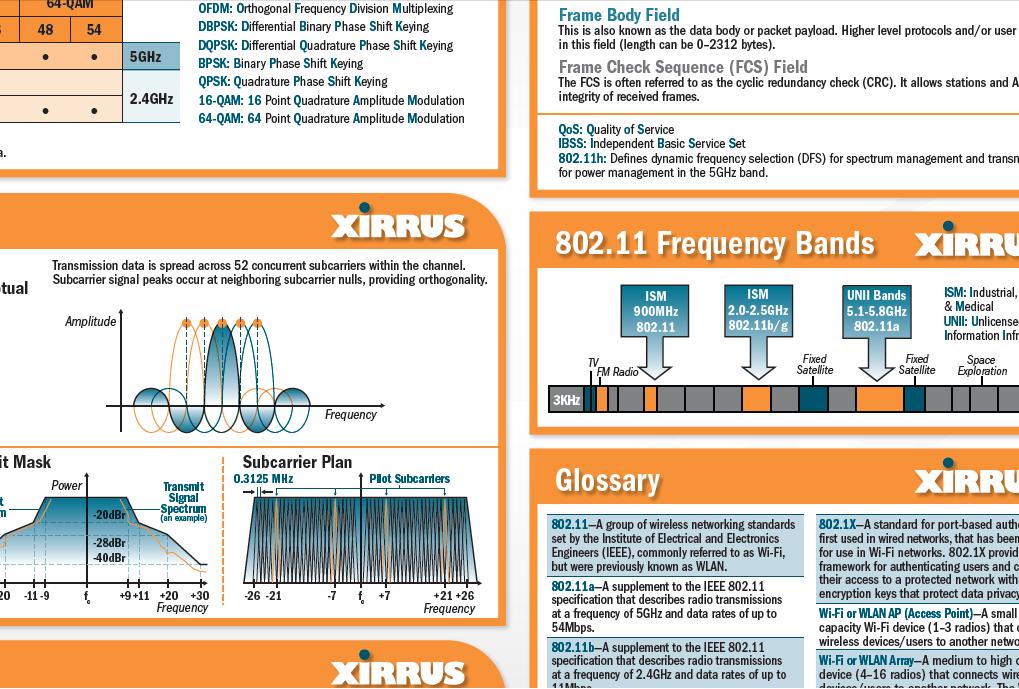Auburn University recently announced that the RFID Research Center will be moving to Auburn from the University of Arkansas. Here’s a summary of coverage:
- RFID Journal | Arkansas RFID Research Center Moving to Auburn University
- RFID 24-7 | New RFID Lab will focus on the store of the future
- Birmingham Business Journal | Auburn scores big with RFID research facility
Here’s Auburn’s press release, below the break:
AUBURN UNIVERSITY — Auburn University will soon be home to one of the world’s leading research centers in the area of radio frequency identification, or RFID, technology.
In June, the RFID Research Center will move from the University of Arkansas to Auburn University, opening the door for research collaborations initially involving the Raymond J. Harbert College of Business, the Samuel Ginn College of Engineering and the College of Human Sciences.
Since its founding at the University of Arkansas in 2005, the RFID Research Center has been at the epicenter of research in RFID, earning national and international recognition for its work. When it opens in June as the RFID Lab at Auburn University, it will be reunited with its founder and former director, Harbert College of Business Dean and Wells Fargo Professor Bill Hardgrave.
“RFID technology is increasingly critical to the ability of business and industry to excel in a global, networked marketplace,” Auburn University President Jay Gogue said. “The new lab will serve as an engine of economic growth as it develops technologies and processes that improve efficiency and customer satisfaction.”
Hardgrave said the lab will serve as a hub for thought leadership involving industry-leading companies interested in developing and exploring applications for RFID – the use of wireless systems to transmit data from microchip tags on products to receivers.
“We are thrilled to have the RFID Lab at Auburn University,” said Hardgrave, who was instrumental in securing its move to Auburn. “For almost 10 years, it has proven to be the go-to place for RFID research. The opportunity to continue the great work while expanding its scope at Auburn is exciting.”
Hardgrave began working with RFID in 2003 while at the University of Arkansas. Walmart’s interest in having suppliers affix RFID tags at the pallet and case level to improve supply chain visibility ignited research efforts that eventually grew into the RFID Research Center. More than 60 industry-leading companies have contributed to the development of the center as a neutral, multidisciplinary research site.
“Moving to Auburn is a big step up for the RFID program,” RFID Lab Managing Director Justin Patton said. “With Auburn’s world-class programs in wireless engineering, apparel studies, and supply chain, among others, industry sponsors are excited for the lab to simultaneously continue to focus on RFID in retail and broaden its scope to other areas within retail and outside retail, such as food safety.”
The lab will also maintain a research relationship with the University of Arkansas’ Sam M. Walton College of Business Department of Supply Chain Management and the Center for Advanced Spatial Technology.
RFID has advanced well beyond its initial application as a supply chain tool to track inventory. Since the early 2000s, retailers like Walmart, Macy’s and American Apparel have found other applications for RFID. They rely heavily on microchip RFID tags to do such things as improve on-shelf availability, detect and prevent theft, find a product’s present location, verify its sell-by date and track quantities sold.
“Consumers can and do shop in totally new ways, and retail stores are reshaping themselves from the ground up to try to understand how to best serve the modern shopper,” Patton said. “We’ve spent years developing key relationships with innovation teams from retailers and manufacturers. Auburn will be at the forefront of this crucial shift, and perfectly positioned to support and assist retailers and manufacturers as they redefine how stores will operate for the next 20-30 years.”
The 13,000-square-foot RFID Lab, located in a converted supermarket a few miles from the heart of campus, will include factory, warehouse, distribution center and various retail, grocery and convenience store formats – including mall apparel and high-end fashion boutiques. The lab will focus on the quickly changing face of physical retail stores in the modern era of widely available “disruptive technology,” and will facilitate experimentation with future store layout and shopping experience concepts. Patton said the lab’s research broadening interests will also include visual identification technologies and food safety/quality.
“Why can’t consumers shop and compare research online for groceries and track them back to field, just like we can track a TV back to the factory?” Patton said. “Modern shoppers need more information to really understand that they’re getting good, healthy, environmentally responsible food. Auburn currently has a national reputation in food safety and quality; we are looking forward to the RFID Lab at Auburn complementing and bolstering that reputation.”
(Written by Troy Johnson.)


